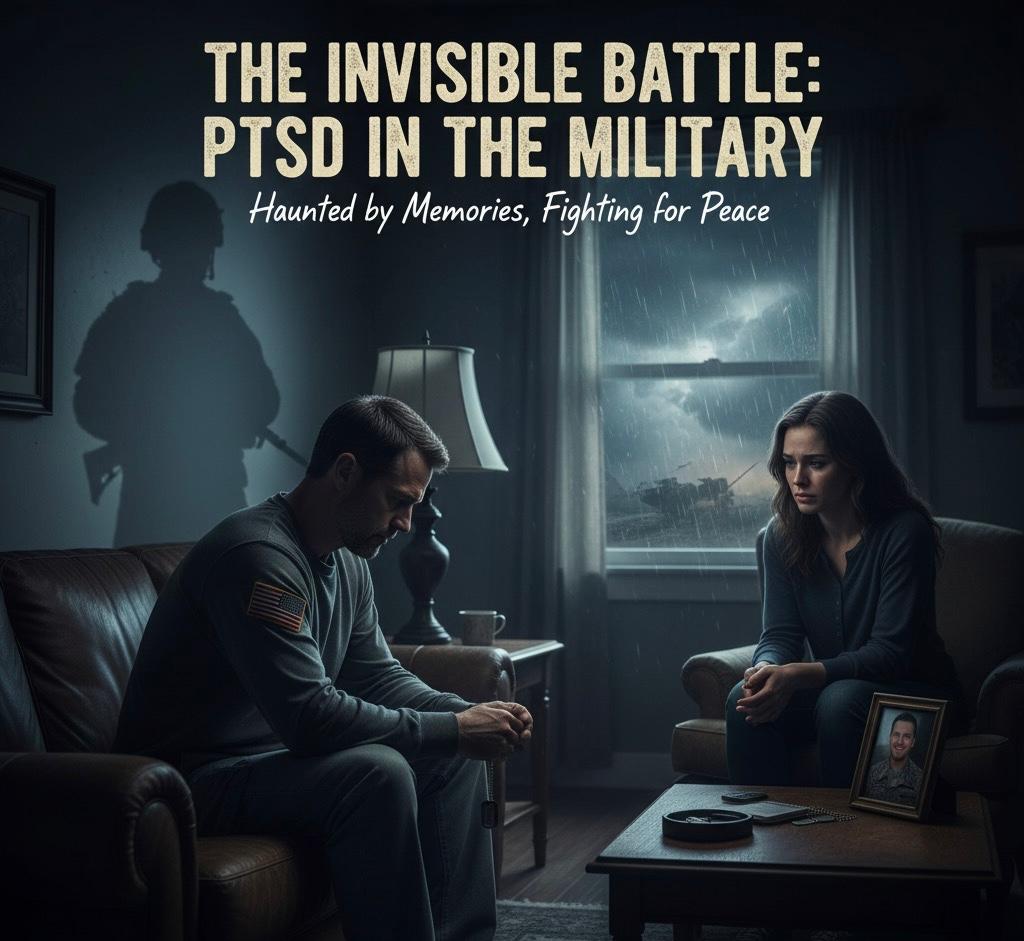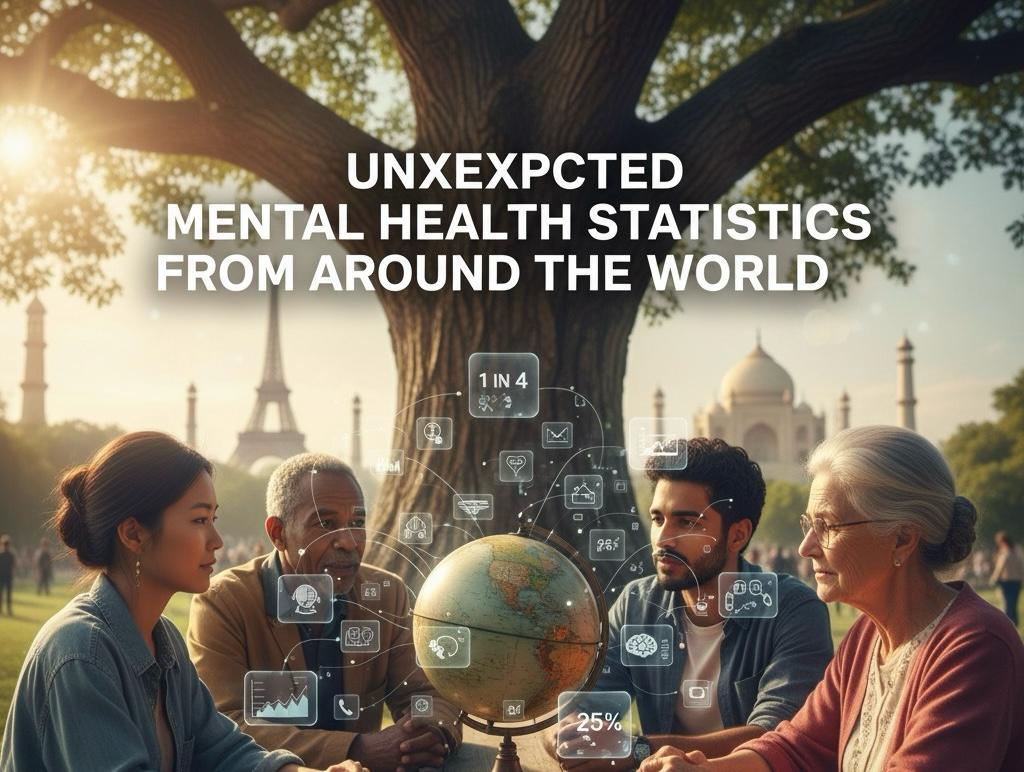Headspace is a national youth mental health foundation in Australia, providing early intervention mental health services to young people aged 12 to 25. Established in 2006, Headspace aims to improve the mental health and well-being of young Australians by offering accessible, youth-friendly services. This article explores the history, services, and impact of Headspace, supported by scientific sources and expert insights.
History and Mission
Establishment
Headspace was launched in 2006 by the Australian Government in response to the rising mental health needs of young people. The initiative was part of a broader national strategy to address youth mental health issues and reduce the long-term impact of mental health disorders (McGorry et al., 2007).
Mission
The mission of Headspace is to promote the mental health and well-being of young people in Australia by providing holistic, evidence-based services. Headspace centres offer a safe and welcoming environment where young people can access mental health care, physical health services, alcohol and other drug services, and vocational support (Headspace, 2023).
Services Offered
Mental Health Care
Headspace provides a range of mental health services, including:
- Counselling and Psychological Support: Individual and group therapy sessions led by trained mental health professionals.
- Early Intervention: Programs designed to identify and address mental health issues before they become more severe.
- Crisis Support: Immediate help for young people experiencing acute mental health crises (Rickwood et al., 2015).
Physical Health Services
Headspace centres offer general health services to address the physical well-being of young people. These services include sexual health check-ups, vaccinations, and general health advice. The integration of physical and mental health care is essential for holistic well-being (Headspace, 2023).
Alcohol and Other Drug Services
Headspace provides support for young people dealing with substance use issues. This includes:
- Assessment and Counselling: Helping individuals understand their substance use and develop strategies for change.
- Harm Reduction: Educating young people on safer substance use practices to minimise harm.
- Referral to Specialist Services: Connecting individuals with workd drug and alcohol treatment services when needed (Lubman et al., 2017).
Vocational Support
Headspace also offers vocational services to help young people with their educational and career goals. These services include:
- Job Search Assistance: Helping young people find and secure employment.
- Resume and Interview Preparation: Providing guidance on how to create effective resumes and perform well in job interviews.
- Education Support: Assisting with educational challenges and providing information on training and further education opportunities (Headspace, 2023).
Impact and Effectiveness
Reach and Accessibility
Headspace has expanded significantly since its inception, with over 110 centres across Australia. This widespread presence ensures that many young people, including those in regional and remote areas, have access to vital mental health services (Headspace, 2023).
Positive Outcomes
Research indicates that Headspace services have a positive impact on the mental health and well-being of young people. A study by Rickwood et al. (2015) found that Headspace clients reported significant improvements in mental health symptoms, including reductions in anxiety and depression. Additionally, clients expressed high levels of satisfaction with the care they received.
Early Intervention Benefits
Early intervention is a core principle of Headspace, and research supports its effectiveness. Early treatment of mental health issues can prevent the development of more severe disorders, improve long-term outcomes, and reduce the overall burden on the healthcare system (McGorry et al., 2007).
Community Engagement
Headspace centres actively engage with their local communities to promote mental health awareness and reduce stigma. This includes outreach programs in schools, partnerships with local organisations, and public education campaigns. Community engagement is crucial for creating supportive environments where young people feel comfortable seeking help (Rickwood et al., 2015).
Challenges and Future Directions
Addressing Service Gaps
Despite its success, Headspace faces challenges in meeting the growing demand for youth mental health services. Long waiting times and limited resources in some areas can hinder access to care. Continued investment and expansion are needed to address these service gaps and ensure timely support for all young people (Meadows et al., 2015).
Enhancing Cultural Competence
Headspace recognises the importance of culturally appropriate services, particularly for Aboriginal and Torres Strait Islander youth and other culturally and linguistically diverse (CALD) communities. Enhancing cultural competence within Headspace centres is vital for providing effective and respectful care to all young Australians (Priest et al., 2012).
Integrating Digital Health Solutions
In response to the increasing use of digital technology among young people, Headspace is exploring ways to integrate digital health solutions into its services. Online counselling, mobile apps, and digital resources can complement traditional face-to-face services and expand access to mental health support (Headspace, 2023).
Conclusion
Headspace plays a crucial role in supporting the mental health and well-being of young people in Australia. Through its comprehensive and accessible services, Headspace addresses the diverse needs of young Australians, promoting early intervention and holistic care. As the demand for mental health services continues to grow, Headspace must adapt and expand to ensure that all young people receive the support they need to thrive.
CHEAPEST ndis PSYCHOLOGY SERVICE – Therapy Near Me
Our practice is a ndis provider specialising in providing affordable and comprehensive NDIS psychology services:
- Private clients (non-NDIS funded) can get sessions as cheap as $75 p/s when not on a Mental Healthcare Plan. Clinic locations available in all major CBDs.
- We are a ndis Psychology Service Provider and we take on all NDIS participants, including NDIA managed.
- Our NDIS session rate is around 25% less than the recommended NDIS billing rate for psychology ($165 vs $214.41 p/s). Leaving participants with more funding for additional services.
- We treat all age groups and presentations.
- Our 24/7 Telehealth service is available to everyone, anywhere in Australia, no matter how remote or what time of day it is.
- We provide a home visit service for all metropolitan areas in capital cities around Australia, for the convenience of our NDIS participants.
- Our experienced psychologists have guaranteed immediate (same week) capacity for new NDIS clients.
References
- Headspace. (2023). About Headspace. Retrieved from https://headspace.org.au/
- Lubman, D. I., Cheetham, A., Jorm, A. F., Berridge, B. J., Wilson, C., Blee, F., & Mckay-Brown, L. (2017). Australian youth mental health and substance use: A guide to integrated treatment. Orygen, The National Centre of Excellence in Youth Mental Health.
- McGorry, P. D., Tanti, C., Stokes, R., Hickie, I. B., Carnell, K., Littlefield, L. K., & Moran, J. (2007). Headspace: Australia’s National Youth Mental Health Foundation—where young minds come first. Medical Journal of Australia, 187(S7), S68-S70.
- Meadows, G. N., Enticott, J. C., Inder, B., Russell, G. M., & Gurr, R. (2015). Better access to mental health care and the failure of the Medicare principle of universality. Medical Journal of Australia, 202(4), 190-194.
- Priest, N., Paradies, Y., Trenerry, B., Truong, M., Karlsen, S., & Kelly, Y. (2012). A systematic review of studies examining the relationship between reported racism and health and wellbeing for children and young people. Social Science & Medicine, 95, 115-127.
- Rickwood, D., Telford, N., Parker, A., Tanti, C., & McGorry, P. (2015). Headspace—Australia’s innovation in youth mental health: who are the clients and why are they presenting? Medical Journal of Australia, 202(2), 108-112.
How to get in touch
If you or your patient/NDIS clients need immediate mental healthcare assistance, feel free to get in contact with us on 1800 NEAR ME – admin@therapynearme.com.au.







